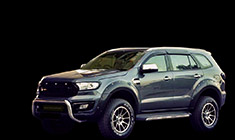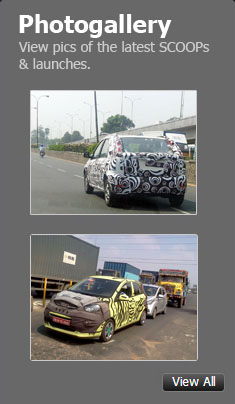News
Tata Motors to launch Nano Diesel by March 2014
Mr Karl Slym, the managing director of Tata Motors, speaking to Reuters, has announced that the Nano Diesel is under development and that the car will be launched by the end of this financial year, broadly hinting that the launch will happen by March 2014. Currently, the Nano is available with only one fuel option, namely petrol.
A CNG-Petrol dual fuel variant of the car, which was showcased at the HORIZONEXT strategy announcement event, will be launched in the coming months. The CNG powered version of the car will serve as a cost effective option with lower running costs, besting that of the petrol engined model.
An obvious limitation of the CNG powered Nano involves the availability of CNG dispensing stations, which are concentrated in a handful of Indian cities. So, a CNG powered version will suit only those Indian cities where CNG dispensing infrastructure exists. Naturally, the case for a diesel powered Nano exists.
With the arrival of the Nano Diesel in early 2014, the car will be available in three fuel variants, giving the buyer a flurry of options to pick and choose from. The diesel version of the Nano has been spotted testing in and around Pune, the location of Tata Motors' engineering and research facility at Pimpri.
The car is said to feature an 800 cc, common rail-turbo diesel engine that is likely to output about 40 Bhp of peak power. The Nano Diesel's engine aggregates, such as the CRDI system and the turbo charger, have been developed by global parts makers such as Robert Bosch and Garrett (A Honeywell enterprise).
The diesel powered Nano's biggest selling point will be its fuel efficiency, touted to be over 35 Kmpl. The car is also likely to feature other improvements such as a open-able hatch, revised styling and even perhaps a power steering. The Nano Diesel is expected to be priced about 50,000 rupees higher than equivalent petrol variants.
Challenges to the Nano Diesel do exist. Total deregulation of diesel prices by the Indian government, along with elimination of fuel subsidies, could make diesel as expensive as petrol. In such a scenario, the additional premium demanded by Tata Motors for the diesel powered Nano might not be appealing to prospective buyers. A tight rope walk for Tata Motors seems likely.



















